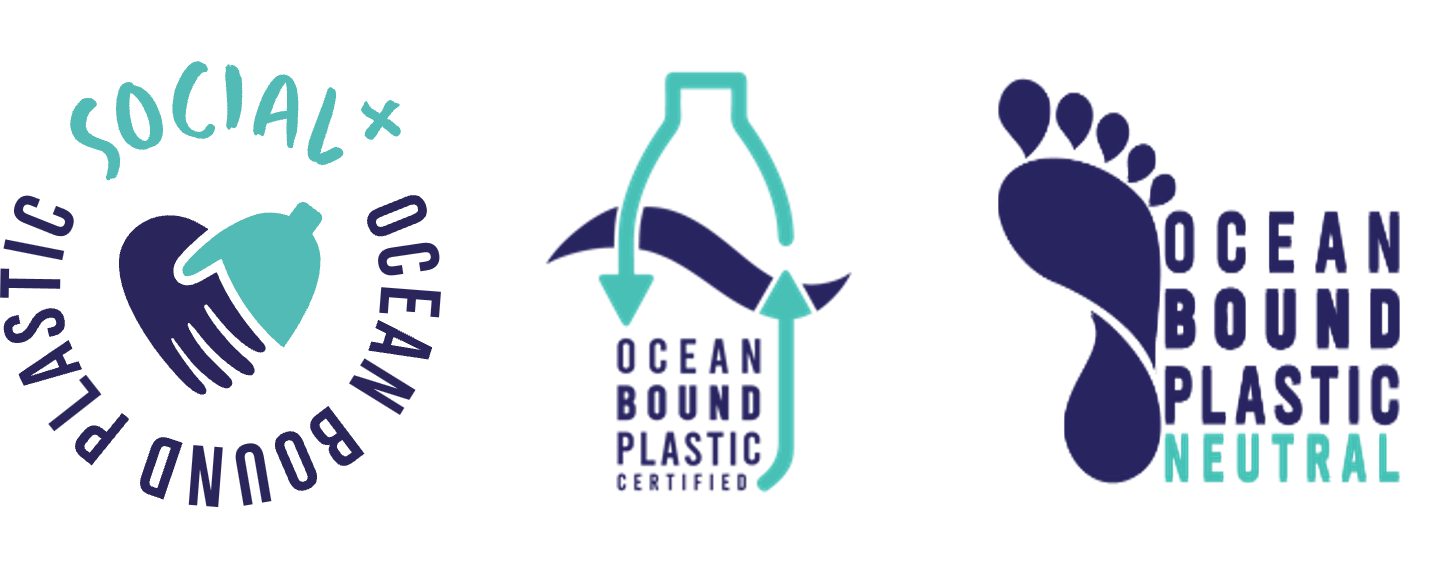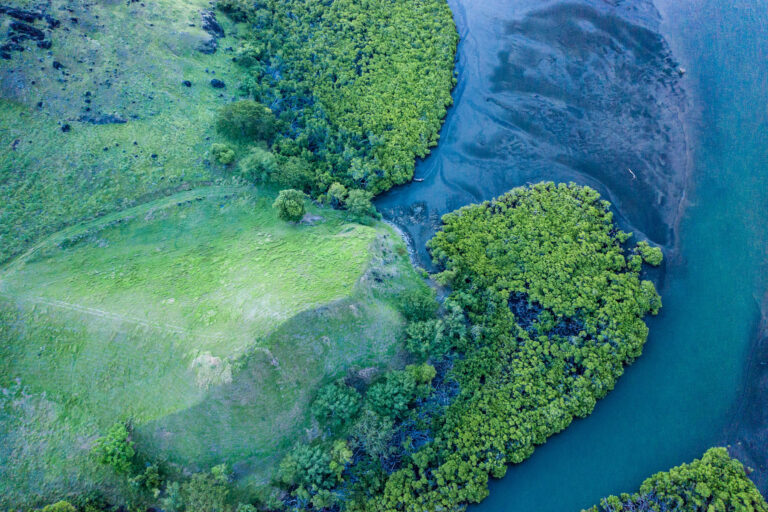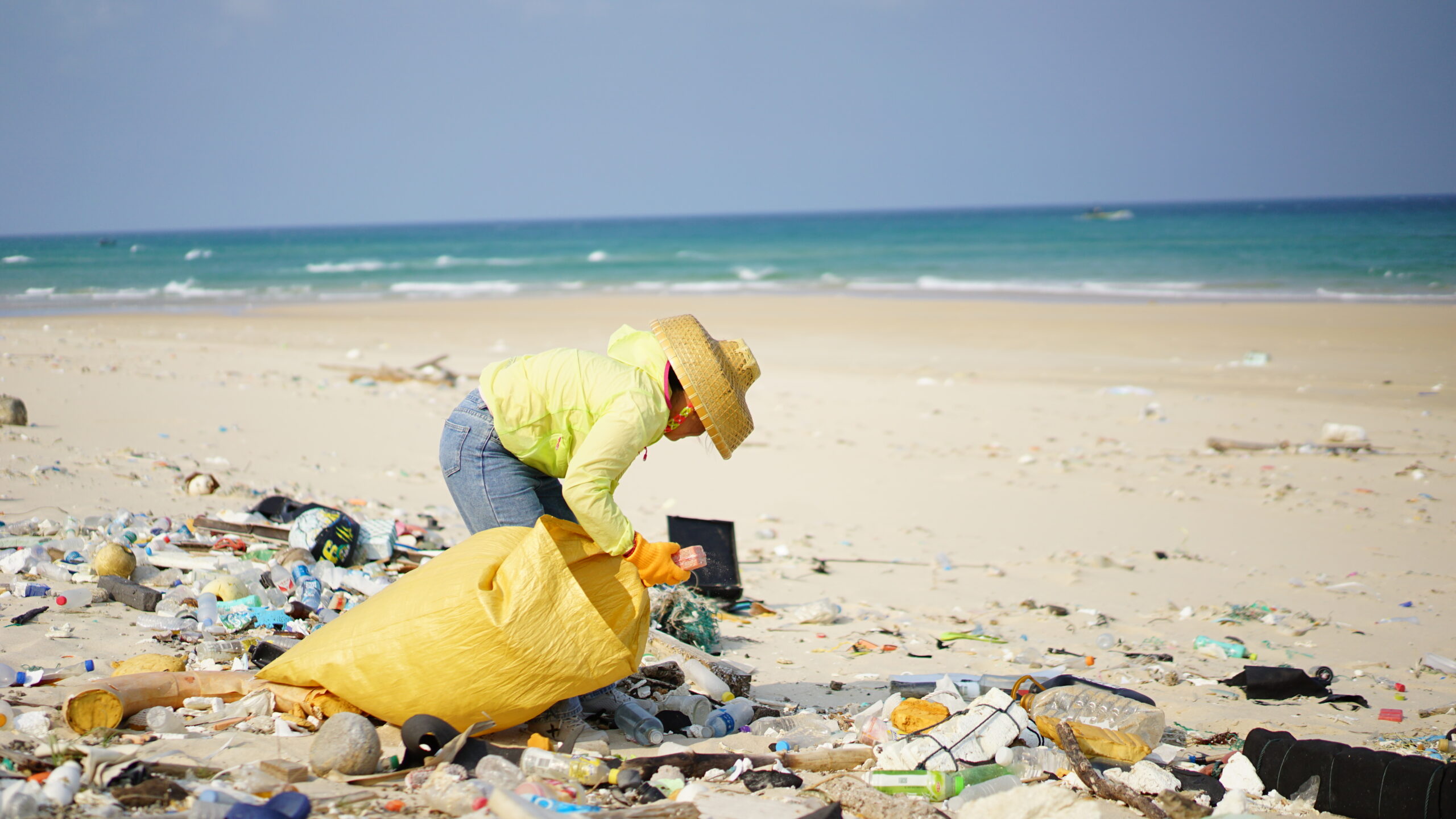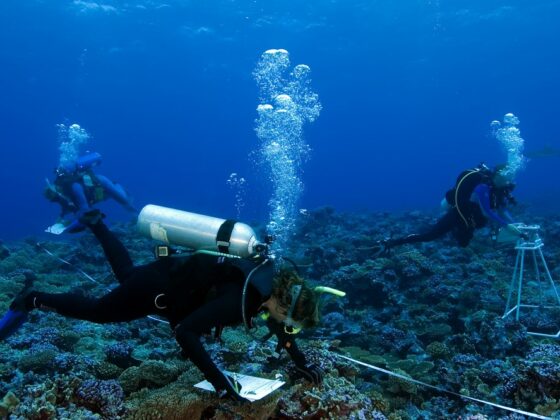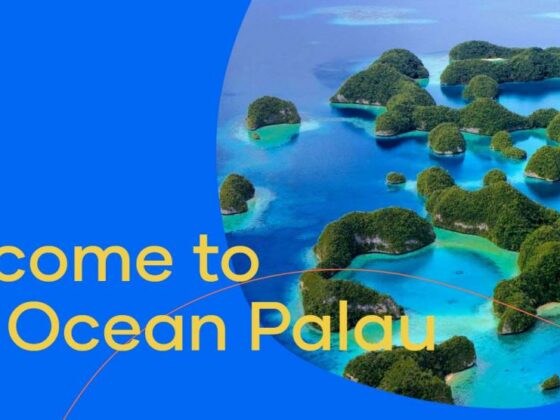In the context of World Ocean Day (WOD) 2022, which theme this year is “Revitalization: collective action for the ocean”, Zero Plastic Ocean reaffirms its commitment to contribute and collaborate for a sustainable ocean management.
Figures from the Special Report on the Ocean and Cryosphere in a Changing Climate, published by the Intergovernmental Panel on Climate Change (IPCC) in 2019, show that the ocean’s warming has more than doubled from 1993 to now than the previous twenty-five years. The warmer the water, the less oxygen can dissolve in it. This phenomenon is exacerbated by agricultural pollution and the proliferation of dead zones – areas deprived of oxygen and deserted by marine species.
These problems result not simply from human activity but also from governance failure. The ocean, when considered as a whole, cannot be defined solely as either a state-governed public good, nor as a commodity or private good. Thus, tackling ocean challenges necessitates the involvement of a variety of actors with complementary expertise and backgrounds.
As this World Ocean Day aims to “shedding attention on the communities, ideas, and solutions working together to conserve and revitalize the ocean and everything it nourishes.”, a worldwide coalition is needed to ensure marine resources preservation. Scientists, policymakers and non-governmental organizations (NGOs) must join forces to enhance climate change adaptation. From small-scale fisheries management to coastal ecosystem protection, many solutions can be implemented to preserve the planet’s lung.
Promoting sustainable plastic governance, leading to the disparition of plastic litter in the oceans, is our priority at Zero Plastic Ocean (ZPO). The current governance implemented is fragmented and leaves gaps so large that up to 13 million tonnes of plastic enter the oceans every year. Around the world, one million plastic bottles are purchased every minute, while up to five trillion plastic bags are used worldwide every year.
Through our certifications, giving value to all type of abandoned plastic waste at risk on ending in the oceans (Ocean-Bound Plastic, OBP) and supporting appropriate management of plastics; ZPO supports and promotes the removal of potential ocean contaminants.
Since 8th of June 2020, 2 years after the launch of our OBP Certification program, more than 57 companies from 20 countries have been certified. In the plastic governance promoted by ZPO, collectors can sell their collect OBP to recyclers or sell OBP credits for the non-recyclable plastic waste, ensure all OBP can be collected and removed from the environment while consumers benefit from OBP Neutral or OBP recycled products. This virtuous cycle is paramount to preserving shorelines and coasts while promoting sustainable production and consumption.
Around the world, non-governmental organizations (NGOs) often play a significant role in environmental and social aspects. We are proud to take part in collective action for the ocean by working with other NGOs, industries, audit organizations and citizens. Successful partnerships arose from the growing recognition of the importance of joining work and acting as one change driver: revitalizing the ocean starts with encouraging every stakeholder to network and implement shared solutions.
